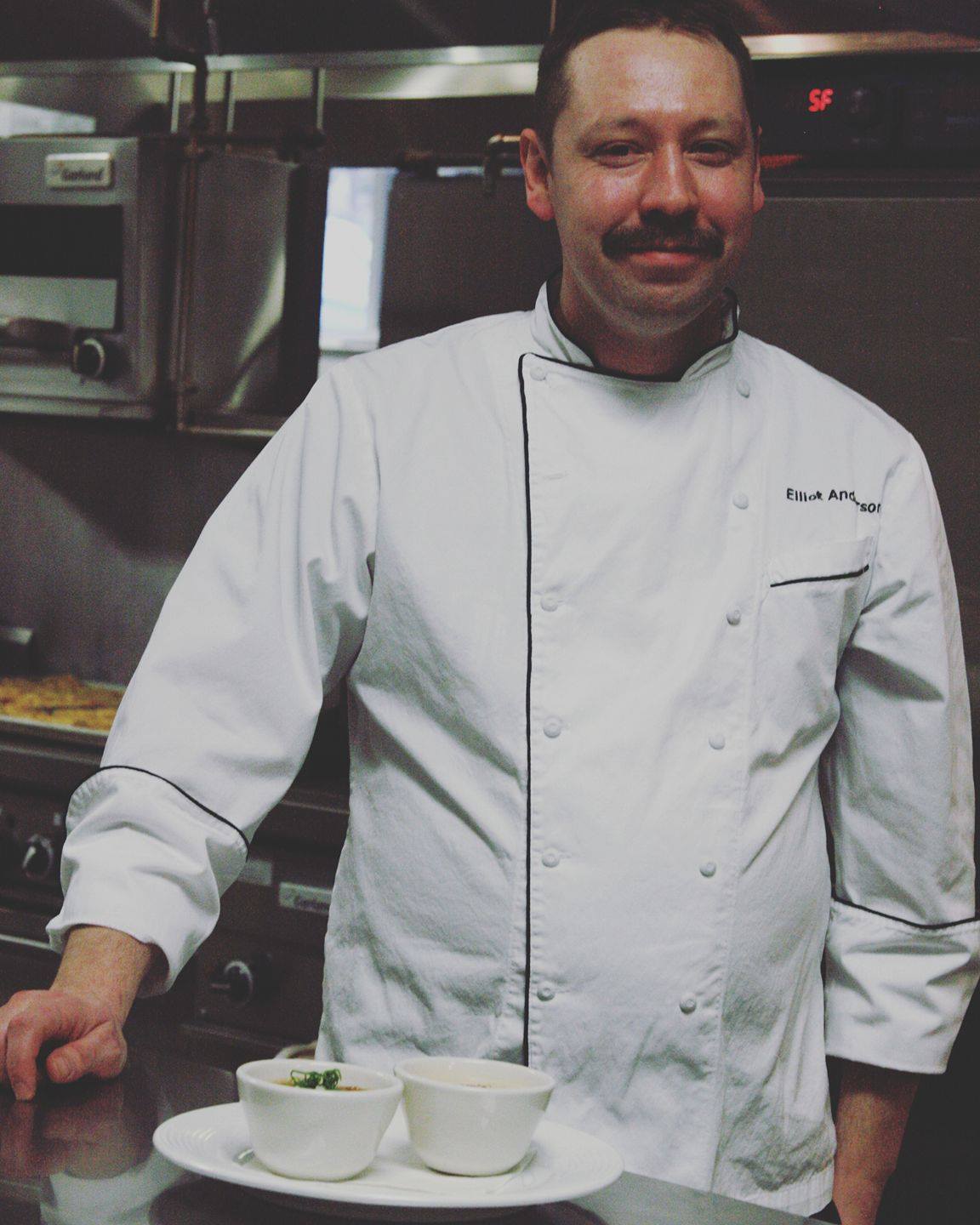
According to the Food Allergy Research & Education organization, as many as 15 million people have food allergies, making it a growing public health concern for adults and children alike. While shining a light on the seriousness of food allergies due to the threat of anaphylaxis and other debilitating reactions is important, food intolerance and sensitivity must be catered to and taken seriously as well. A food intolerance, or a food sensitivity, is when a person has difficulty digesting a particular food, causing them to have experience intestinal discomfort and inflammation, as defined by the American Academy of Allergy Asthma & Immunology. Put simply, food allergies and food intolerances both affect the digestive system.
Given that a lot of social activities during the summer revolve around food, such as holiday parties, BBQs, and enjoying sweet treats to cool off, individuals with food allergies and intolerances may feel left out or find it difficult to eat at these social gatherings. Thankfully, many restaurants, grocery stores, and other food industry organizations now provide alternative options and substitutes for people with food issues, and culinary programs are teaching their students about this sector of the dining experience as well.
To get a better look at how the culinary field caters to these individuals, we chatted with Tompkins Cortland Community College’s Elliot Anderson, who is the Executive Chef for Coltivare, the downtown Ithaca culinary center, event venue, and farm-to-table restaurant of the community college.

Tell us about your involvement in TC3’s Culinary Center in Ithaca.
As Executive Chef for Coltivare, I oversee all for-profit and donation culinary operations. This includes the restaurant, event space, and culinary lab. I also oversee CULI60, the students’ practicum course. This is where they must work 90 hours in the retail operation to graduate. In addition, I have taught two series of community culinary classes for tc3.biz.
Can you speak to the differences between food sensitivities and allergies?
Absolutely, this is simple. The difference is how adverse of an effect contamination will have on the individual in concern. The most commonly confused item is gluten. A lot of folks could request food without gluten due to a fad diet. Some could have a gluten sensitivity that would give them a stomach ache. Others could have celiac disease which would lead to stomach/intestinal bleeding.
So in these three examples, we go from violation of a diet, to mild discomfort, to serious illness.
What are the most popular dietary restrictions that are affecting people today, and how does that affect your work at TC3?
They call them the big 8: Milk, Eggs, Fish, Crustacean Shellfish, Tree Nuts, Peanuts, Wheat, and Soy. We commonly make alterations to dishes if possible to remove these items for safe consumption by a person with an allergy.
Any suggestions on how people with food sensitivities can enjoy summer classics?
Yes. The best way to enjoy your summer is by not getting sick. If you are a guest and have an allergy or sensitivity, make sure to let your host know. Also, if it is an allergy please stress the importance and severity of the situation. If you are hosting a backyard BBQ be aware that your guests may have allergies and sensitivities. That being the case, know the ingredients of the items you are serving should you have to answer any questions.
If you have an allergy and you don’t know if you can eat something and you cannot find an answer, then the answer is NO, you should not eat it.
 What services/amenities does the center provide for people with food sensitivities?
What services/amenities does the center provide for people with food sensitivities?
We cater to sensitivities and dietary restrictions on a daily basis.
In the restaurant, we identify any sensitivities and restrictions for guests upon booking a reservation, and again when the guest arrives. The wait staff makes the culinary staff aware of the needs of our guests and we do our best to accommodate by changing the ingredients of a dish when possible. If there is a gluten sensitivity, we prepare foods that do not contain gluten.
In the event space, we identify any sensitivities and restrictions when the contract is booked. We have tactfully designed most of our banquet menu to not contain gluten naturally without request. Often times, guests never express their needs until the moment of service. This is why our menu mostly doesn’t contain gluten. Most of our menu items avoid allergens all together while maintaining high quality and presentation. We also prepare extra dishes that have no allergens that can be produced upon request with no prior knowledge.
What are the different ways that students in the Culinary Arts program learn to prepare food for individuals with food sensitivities?
This question would be best answered by one of our culinary instructors. I do not design the curriculum for that program, but in the practicum, it is the responsibility of all students to have knowledge of the products they work with as well as the ingredients they contain.



